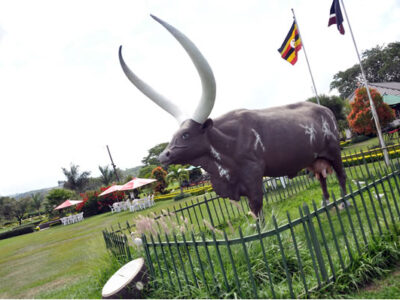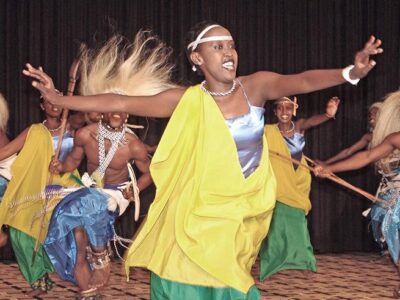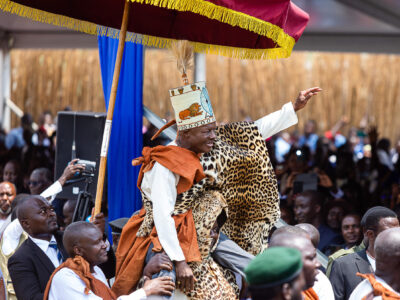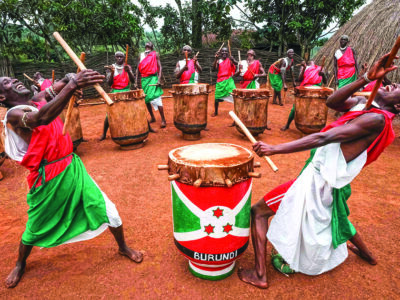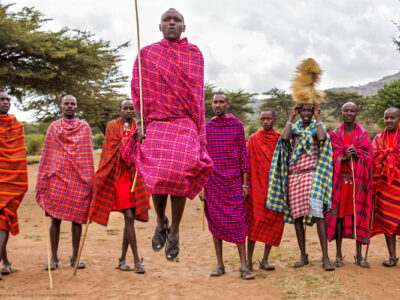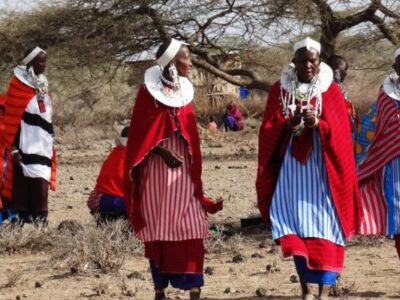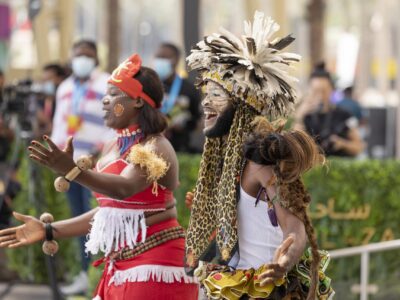African Cultural Tour Packages, 10 Facts & Best Destinations
African Cultural Tours
Africa is a continent with vibrant beauty, exploring captivating landscapes and culture-focused tours and cruises. Meet local artisans and visit ancient monuments to discover why Africa has been hosting tourists for centuries. Africa Cultural Tours offer the experience of the different people of Africa through music, dance, drama, and much more. Discover and learn more about Africa Cultural Safaris and Traditions, Africa Culture facts, and Africa Cultural Characteristics.
Cultural Tours in Africa are diverse with unique cultures in each region of the country. African cultural tours are the best way to understand the traditions of the people who call Africa home. Cultural tours in Africa offer an experience of the different people of Africa through music, dance, drama, and much more. You will visit our top-rated destinations of Uganda, Kenya, Rwanda, Burundi, Congo and Tanzania
JimJam Safaris recommends African Safaris For Single Senior Travelers and solo safaris for researchers.
Cultural Safari Packages To Inspire You
Extraordinary Great Apes Of Uganda And Cultural Tour
The great apes trip will take you to Kibale Forest National Park which is the primate capital and proceed for your ultimate cultural tour in the pearl of Africa.
Uganda And Rwanda Unparalleled Cultural Tour
9 Days tour, explore the Gorillas of Uganda, Chimpanzee trekking, Bigodi wetland visit, and Batwa community visit for your captivating cultural Safari tour.
Multi-Country Safari Tour (Uganda & Tanzania)
The 13-day mindblowing tour covers Queen Elizabeth, Serengeti, Ngorongoro Crater, Lake Manyara, And Tarangire National Parks. All-inclusive with top cultural tours.
10 Interesting Cultural Facts About Africa
- Diverse Languages: Africa is home to over 2,000 distinct languages, with Nigeria alone having more than 500. The continent has a rich linguistic diversity, with languages like Swahili, Hausa, Yoruba, and Zulu being widely spoken.
- Traditional Music and Dance: Music and dance are integral to African culture, often used in ceremonies, storytelling, and social gatherings. Each ethnic group has its unique style, such as the energetic Gumboot dance of South Africa or the Kpanlogo dance of the Ga people in Ghana.
- Oral Traditions: Many African societies have a strong oral tradition, where history, folklore, and knowledge are passed down through generations via storytelling, proverbs, and songs. Griots, or traditional storytellers, are revered in West African cultures for preserving history and culture.
- Traditional Clothing: African clothing is vibrant and symbolic. For example, Kente cloth from Ghana is a handwoven fabric with intricate patterns, each with specific meanings. The Maasai people of Kenya and Tanzania are known for their distinctive shuka (red blanket-like garments).
- Diverse Culinary Traditions: African cuisine is incredibly diverse, reflecting the continent’s varied geography and cultures. Staples like maize, rice, millet, and yams are common, while dishes like Jollof rice (West Africa), Injera with Doro Wat (Ethiopia), and Bunny Chow (South Africa) showcase regional flavors.
- Architecture: Traditional African architecture varies widely, from the mud-brick buildings of Mali, such as the Great Mosque of Djenné, to the stone structures of Great Zimbabwe. These structures often incorporate local materials and are designed to suit the climate and environment.
- Art and Craft: African art is rich in symbolism and often serves religious or social purposes. Masks, sculptures, beadwork, and textiles are some of the well-known art forms, with each piece often telling a story or representing a spiritual belief.
- Festivals: Festivals play a significant role in African cultures, celebrating everything from harvests to historical events. Notable festivals include the Omo Valley Tribal Festival in Ethiopia, the Durbar Festival in Nigeria, and the Fête du Vodoun in Benin, celebrating the Vodun religion.
- Spiritual Beliefs: Traditional African religions are diverse, with many communities practicing animism, ancestor worship, and rituals to honor the spirits of nature. These beliefs coexist with Christianity and Islam, the two major religions on the continent.
- Cultural Respect for Elders: In many African cultures, elders are highly respected and are considered the custodians of knowledge and tradition. They often play key roles in decision-making and community leadership.
Cultural Gallery To Inspire You.
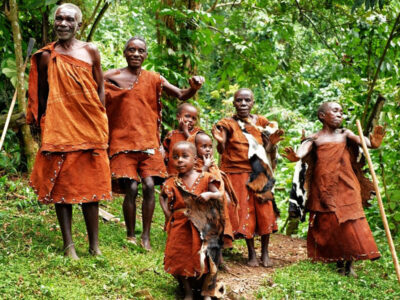
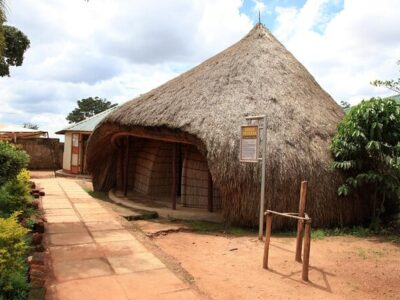
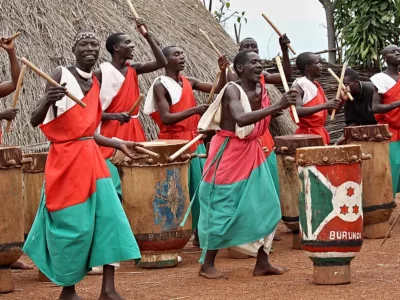
Explore Our Top Rated Cultural Safari Destinations
Uganda Cultural Tours
Uganda boasts a rich and diverse cultural heritage that reflects the deep history and traditions of over 50 ethnic groups. Uganda’s culture is vibrant with music, dance, art, and social customs that have been passed down through generations.
Burundi Cultural Tours
Burundi, often referred to as the “Heart of Africa,” is a country rich in cultural heritage, where traditions are deeply ingrained in the daily lives of its people. The culture of Burundi is a harmonious blend of music, dance, art, and community values.
Tanzania Cultural Tours
Tanzania is a country rich in cultural heritage, where traditions run deep and diversity is celebrated. Tanzania is home to over 120 ethnic groups, Tanzania offers a vibrant mosaic of languages, customs, and artistic expressions that reflect harmony.
Kenya Cultural Tours
Kenya, known as the “Gateway to East Africa,” is a country with a rich heritage that reflects the diversity and vibrancy of its people. From the urban centers like Nairobi City to the serene rural landscapes, Kenya’s culture is a blend of tradition and modernity.
Congo Cultural Tours
The Democratic Republic of Congo (DRC) is a country with a rich cultural heritage, deeply rooted in the traditions of its more than 200 ethnic groups. Congo’s culture is a vibrant blend of music, dance, art, and spiritual practices that reflect the creativity of citizens.
Travel Advice From JimJam Safaris
We cater to all ages, budgets, interests, and fitness levels. Our team can assist with queries about tours, Accommodations, bookings, and Affordable Luxury destinations. We will respond to your Inquiry as soon as possible. Our team of friendly and service-minded Safari Consultants is available to assist you in making a private personalized tailor-made Safari Itinerary and to answer all questions you might have. Are you dreaming of Wildebeest Migration? Gorilla Trekking in Africa? Honeymoon In Africa? or Africa’s Big 5 Experiences? Start Planning for Your Affordable Luxury African Safaris with JimJam Safaris & Tours Africa.
